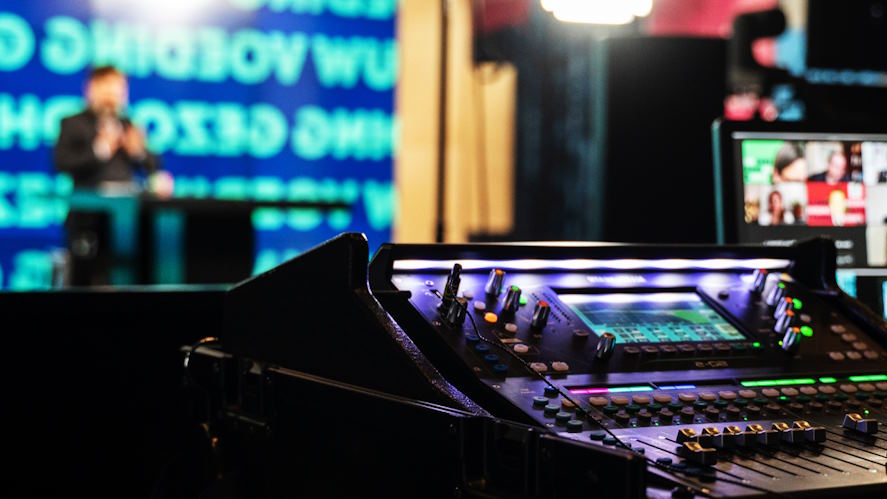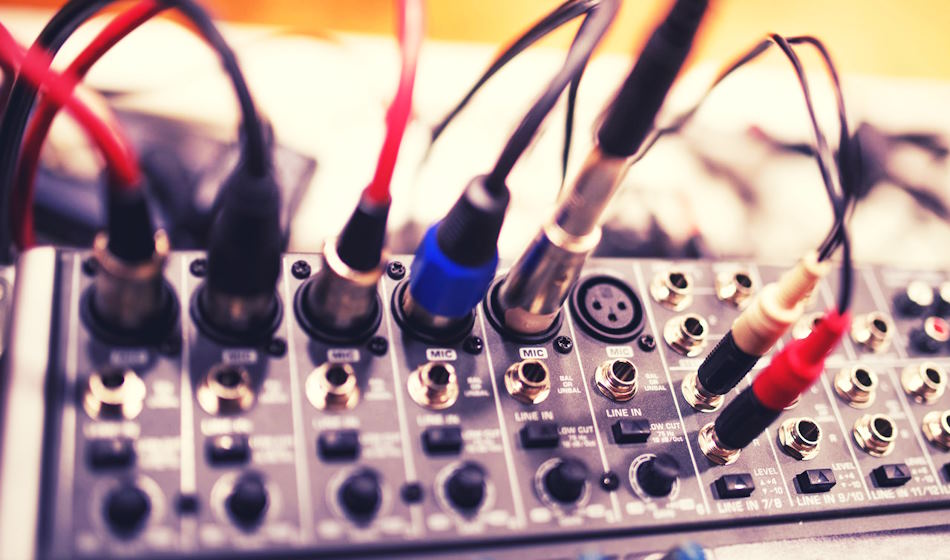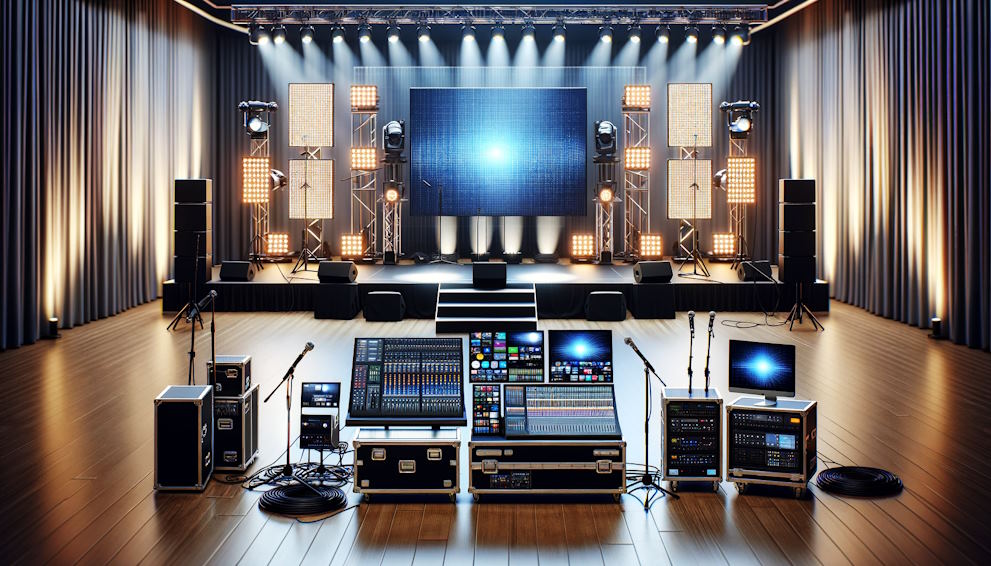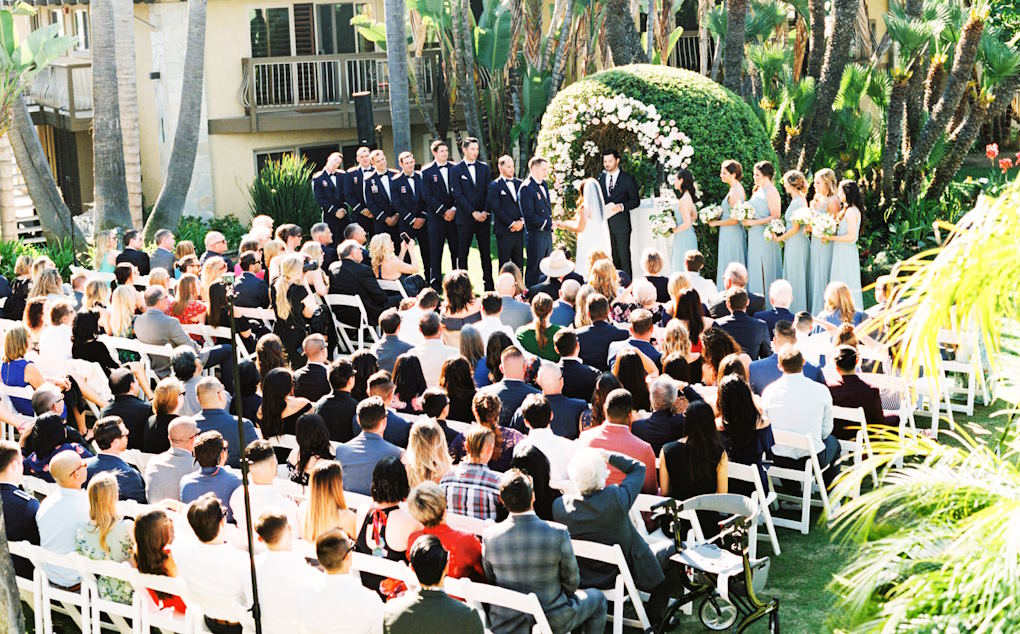Have you ever been to an event where the sound was off, or the visuals didn’t quite hit the mark? It’s a bit like baking a cake—if you get the ingredients and proportions right, you end up with a masterpiece. But if something’s off, the whole experience can fall flat. Choosing the right AV equipment is a lot like finding that perfect recipe: you need to match the right gear to your event’s needs to create a memorable experience.
Key Components of AV Equipment
Now that you’ve figured out what you need, it’s time to get to know the main components of AV equipment. Think of this as understanding the tools in your kitchen before you start cooking.
Audio Equipment
- Microphones: If you’re hosting a speech or a performance, microphones are a must. You can choose between wired and wireless microphones. Wireless ones offer more freedom of movement, while wired ones are reliable but might get in the way.
- Speakers: These are the heart of your audio setup. The size and power of the speakers depend on your venue’s size. For a small room, a few basic speakers might work, but for a larger space, you’ll need more powerful speakers to reach everyone.
- Mixers and Audio Interfaces: These tools help you manage sound levels and combine audio sources. If you’re having multiple speakers or audio inputs, a mixer will help you balance everything.
Visual Equipment
- Projectors and Screens: If your event involves presentations or videos, you’ll need a good projector and screen. Make sure the projector has high resolution for clear images and that the screen is large enough for everyone to see.
- LED Screens and Monitors: For high-definition visuals or live feeds, LED screens and monitors are great options. They can display everything from slideshows to video streams.
- Cameras: If you’re recording the event or streaming it live, a good camera is essential. Look for cameras with high resolution and good audio recording capabilities.
Lighting
- Stage Lighting: Proper lighting can make a big difference in your event’s atmosphere. You might need spotlights for speakers or stage performances and softer lights for ambient settings.
- Ambient Lighting: This sets the mood of your event. For a wedding, you might want warm, inviting lights, while for a conference, bright, focused lighting might be more appropriate.
Assessing Equipment Quality
With so many options out there, how do you know what’s good? Think of it like shopping for a car—you want to make sure you’re getting something reliable and well-reviewed.
- Check Reviews and Ratings: Look up reviews from other users to see if the equipment performs well. Real feedback from other customers can tell you a lot about the quality of the gear.
- Test the Equipment: If possible, test the equipment before you commit. You wouldn’t buy a car without a test drive, right? The same goes for AV equipment.
- Compare Brands and Models: Look at different brands and models. Some brands are known for their reliability and quality, so doing a bit of research can help you choose the best options.
Budgeting for AV Equipment
Let’s talk money. Budgeting for AV equipment is a bit like setting a spending limit before you go shopping—you need to know what you can afford and stick to it.
- Determine Your Budget: Start by setting a budget based on your event’s size and needs. Remember, the most expensive equipment isn’t always the best for your situation.
- Cost vs. Quality: Sometimes, cheaper options might not perform well, but you don’t always need the most expensive gear either. Find a balance between cost and quality that fits your needs.
- Rental vs. Purchase: Consider whether you want to rent the equipment or buy it. Renting is often more affordable for one-time events, while buying might be better if you plan to host events regularly.
Hiring the Right AV Professionals
Sometimes, you might need a little help from experts. Think of AV professionals as your co-chefs—they help ensure everything goes smoothly.
- Find Experienced AV Technicians: Look for professionals with experience in setting up and managing AV equipment for events similar to yours.
- Evaluate Their Expertise: Ask potential technicians about their past work and expertise. A good technician will be happy to share their experience and show you examples of their work.
- Check References and Portfolios: Don’t just take their word for it—check their references and look at their previous projects to make sure they’re up to the job.















